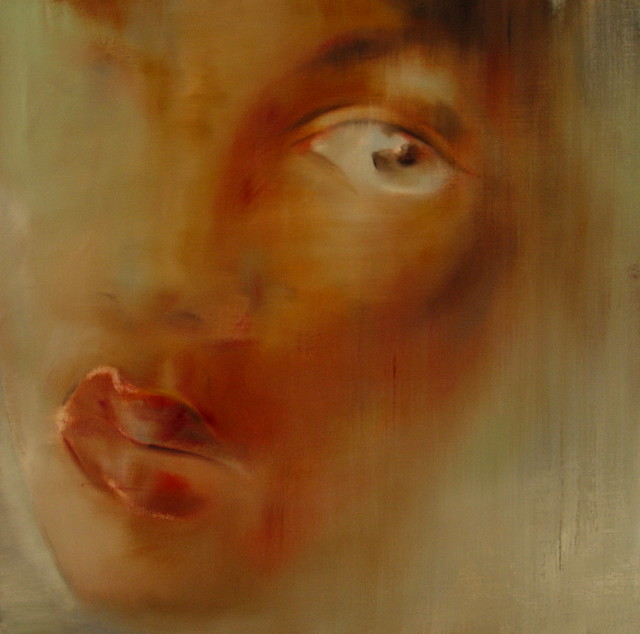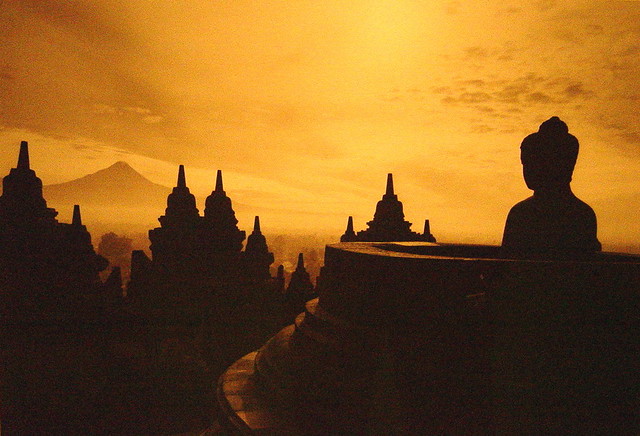Raising the Red Flag Over the Reichstag, Berlin May 2, 1945
photo by Yevgeny Khaldei
Today near the site of the former Auschwitz-Birkenau death camp world leaders gathered to remember the camp's liberation in 1945 by the Red Army. President Vladimir V. Putin of Russia spoke proudly of the Soviet soldiers who gave themselves to free Auschwitz: "They switched off the ovens, they saved Krakow," Vladimir Putin said of the Soviet soldiers. But Putin also said there was still much to be ashamed of in the current situation."We unfortunately still see signs of anti-Semitism in our country."
I am reminded of the great Russian war photographer Yevgeny Khaldei. I had the honor of meeting him almost ten years ago when the end of the cold war seemed to mark an era of future peace, Yevgeny's body was starting to fail but his mind was sharp and his descriptions of the struggle against the Nazis were vivid. As a war photographer,Yevgeny adhered to the ideological confines of his superiors. It can be argued that despite the circumstances he managed to remain a true artist. "Some people think that we could do nothing at all unless we were told to do it", Yevgeny said," but the war gave one the freedom to make one's own decisions. We knew our superiors would not publish all our photographs, but we still made the pictures."
A heroic life is made up of extraordinary moments lived in the context of daily existence. Despite the horrors of Nazism and the war as well as the deprivations he suffered for being Jewish, Yevgeny was still able to see the beauty and courage hidden within the details of his experiences and offer us hope for the future. Yevgeny said," I have always tried to make photographs that will be interesting to look at today, tomorrow and the day after tomorrow."
The recent string of anti-Semitic attacks across Europe , the widely publicized photograph of Prince Harry, third in line to the British throne, wearing a Nazi uniform at a costume party earlier this month and a walkout by far-right German legislators during a minute's silence for Nazi victims on Friday, have raised concerns that the horrors of the Holocaust are being forgotten. It is my call as an artist not to forget, but instead to create art in the spirit of Yevgeny Khaldei that marks the moments of our time.















i recently sent the following description of "une passante" off to an early discoverer of the work-
czeslaw milosz' poetry has been a deep inspiration for me. his ability to search for meaning or metaphysics even after the horrors in Poland during the 20th century has always been a source of strength for me artistically and spiritually.
when i found out about his recent death i wanted to paint an image pulled from life like a sort of painted poem- a moment that if one is not truly aware will go unseen
title: une passante (in french a female passerby)
this poem by milosz feels to me like the painting:
AN HONEST DESCRIPTION OF
MYSELF WITH A GLASS OF WHISKEY
AT AN AIRPORT, LET US SAY,
IN MINNEAPOLIS
- Czeslaw Milosz
My ears catch less and less of conversations, and my eyes have weakened, though they are still insatiable.
I see their legs in miniskirts, slacks, wavy fabrics.
Peep at each one separately, at their buttocks and thighs, lulled by the imaginings of porn.
Old lecher, it's time for you to the grave, not to the games and amusements of youth.
But I do what I have always done: compose scenes of this earth under orders from the erotic imagination.
It's not that I desire these creatures precisely; I desire everything, and they are like a sign of ecstatic union.
It's not my fault that we are made so, half from disinterested contemplation, half from appetite.
If I should accede one day to Heaven, it must be there as it is here, except that I will be rid of my dull senses and my heavy bones.
Changed into pure seeing, I will absorb, as before, the proportions of human bodies, the color of irises, a Paris street in June at dawn, all of it incomprehensible, incomprehensible the multitude of visible things.